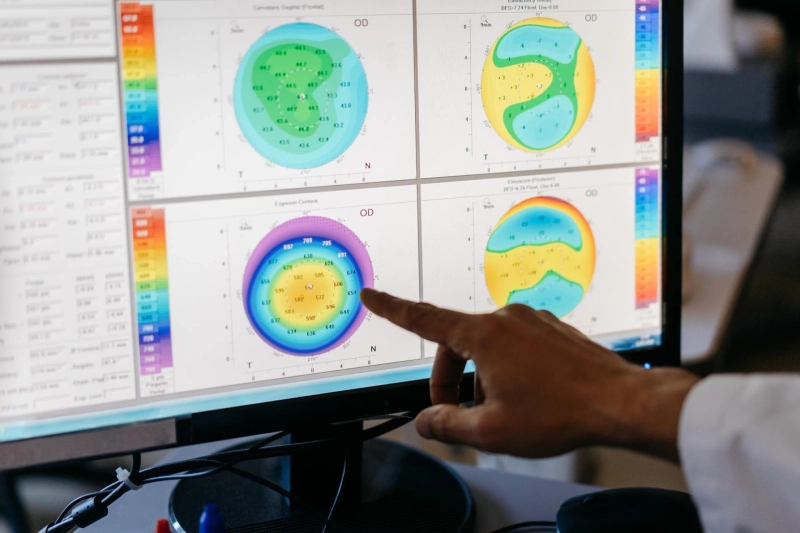Oncology Clinical Trials can provide an opportunity for cancer patients to test new treatments for specific types of cancer. Cancer patients are often underrepresented in Oncology Clinical Trials because of their age, gender, race, and ethnicity. Adding a diverse population to Oncology Clinical Trials will help researchers test whether new therapies work the same for all patients or cause more side effects in certain groups. For example, Hispanics are twice as likely to die from liver cancer than white people.
Costs of participating in Oncology Clinical Trials
Participation in Oncology Clinical Trials often involves a large out-of-pocket cost. Patients' private insurance may require them to pay a deductible, co-pays, or a co-insurance for the study. These patients may also incur travel and other ancillary costs associated with the study. Some patients' out-of-pocket costs exceed $1,000 per month. In addition, patients may have to pay for gas, tolls, and meals while they attend Oncology Clinical Trials.
While most insurers will cover the cost of routine patient care, these companies typically do not cover specific tests performed for Oncology Clinical Trials. For example, some pharmaceutical companies may request additional scans or blood tests that are not routinely performed. However, these tests are not required by law to be covered by insurance, and they are typically covered by the study sponsor.
Side effects of participating in Oncology Clinical Trials
While participating in an Oncology Clinical Trials can have many advantages, there are also some potential side effects that should be considered. During Oncology Clinical Trials, patients will typically receive a new treatment that has not yet been approved for the general public. While this treatment may be a little less effective than standard treatment, it can help improve the lives of those suffering from cancer.
Patients will have follow-up appointments with their care team and may be subjected to additional tests. The Oncology Clinical Trials team will ask them about any side effects or other unusual symptoms. Often, these questions are asked because the clinical team does not yet know all of the possible side effects associated with a treatment and may have to learn more about these conditions to make the best decision for patients.
Informed consent process
An informed consent process is critical to the success of oncology clinical trials. It ensures that participants understand the risks and benefits of the treatment and decide whether or not to consent. However, changes in health care and research methods are challenging informed consent. To provide the best possible information for patients, an informed consent document must be simple and easy to understand. Patients must also be fully aware of the treatment's risks, and benefits, as well as their life expectancy.
Informed consent involves a series of steps that include a written document describing the research. While the Food and Drug Administration does not mandate the exact language, the document should contain the basic elements of consent: a statement that the study involves research, the purpose of the study, and how long the research will last. The consent document should also describe the enrollment and experimental procedures involved in the study.
Resources required for conducting Oncology Clinical Trials
If you want to conduct an oncology clinical trial in the UK, there are several resources available to you. One of them is the Oncology Clinical Trials Interactive Route Map, which outlines the practical and legal requirements for conducting a clinical trial in the UK. It also provides guidance on how to recruit people affected by cancer and ensure that outcome measures are appropriate. Other useful resources include the World Health Organization, which coordinates health matters within the United Nations. This Contract Research Organization also has cancer-specific clinical trial lists.
One of the first steps in conducting a clinical trial is developing a clinical protocol. A protocol is a document that outlines the study design, methodology, and statistical considerations. It is a critical component of any clinical investigation because it ensures the safety of trial participants and the integrity of the data collected. The Vial provides various resources to help researchers develop a protocol, and most NIH-funded institutes require that investigators follow its template.


